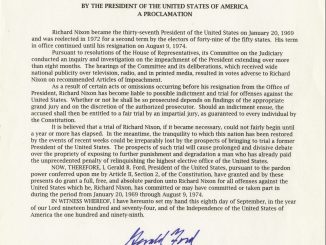Good Faith Defenses of Existing Law
Traditionally, it has been left up to the attorney general to determine how and when to defend lawsuits challenging existing law. But there has been a growing trend for the executive branch to refuse to defend existing law against legal challenges. Too often, these decisions appear to be a politically-motivated effort to get the courts to strike down laws that the president cannot convince congress to repeal. Should the attorney general be required to actively defend existing laws both in the trial court and through the appellate process? Would such a rule be constitutional?





